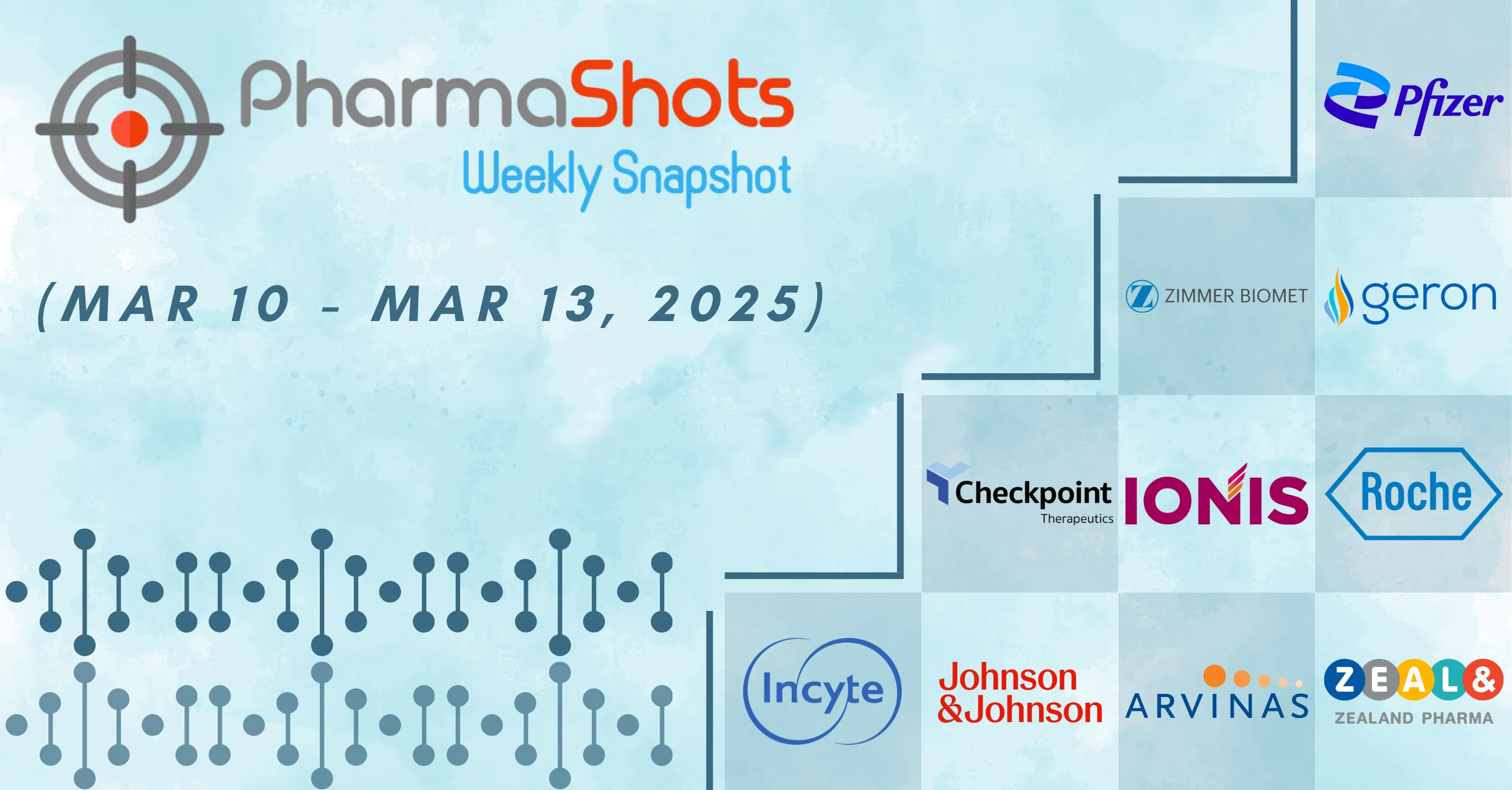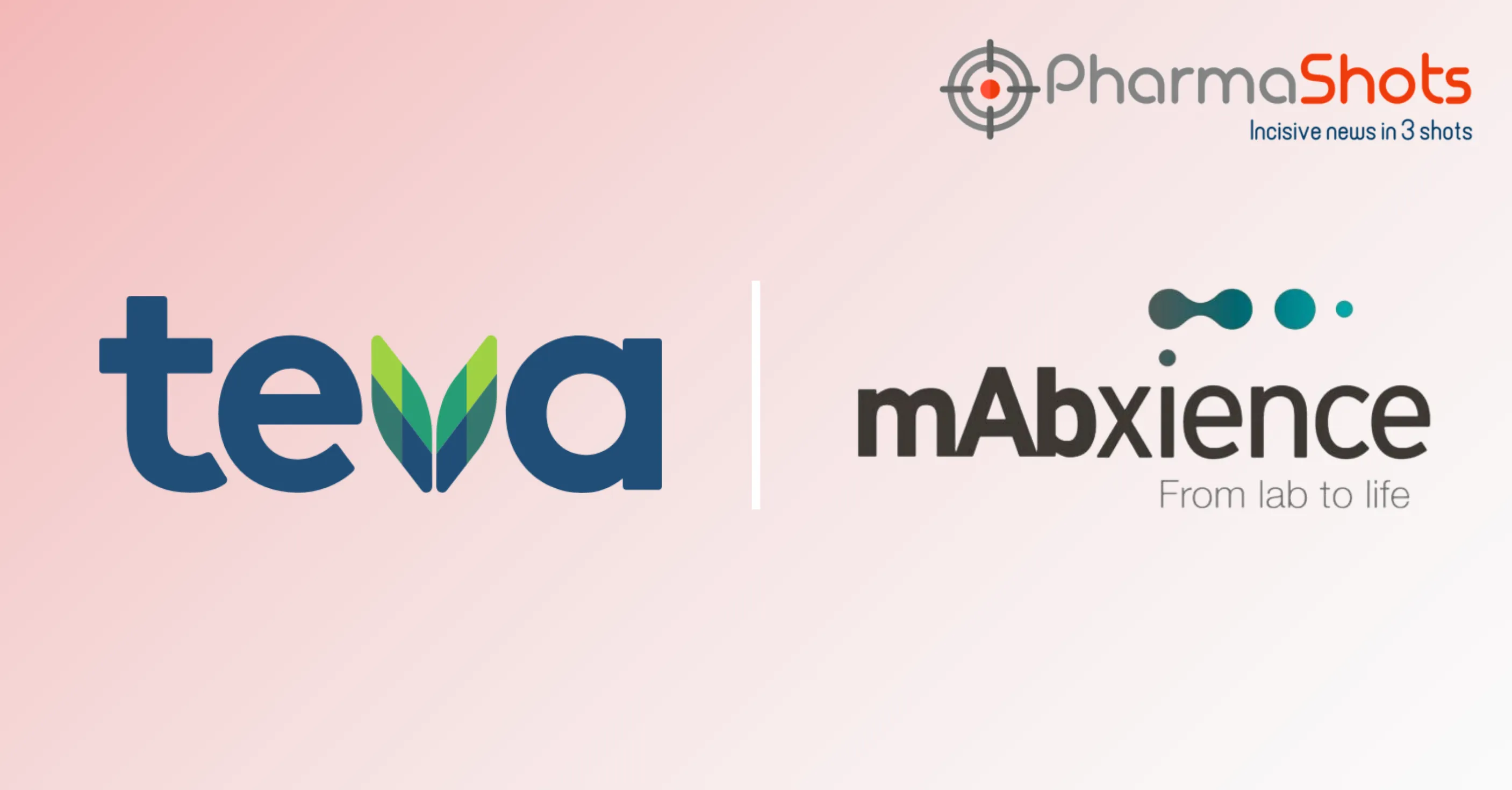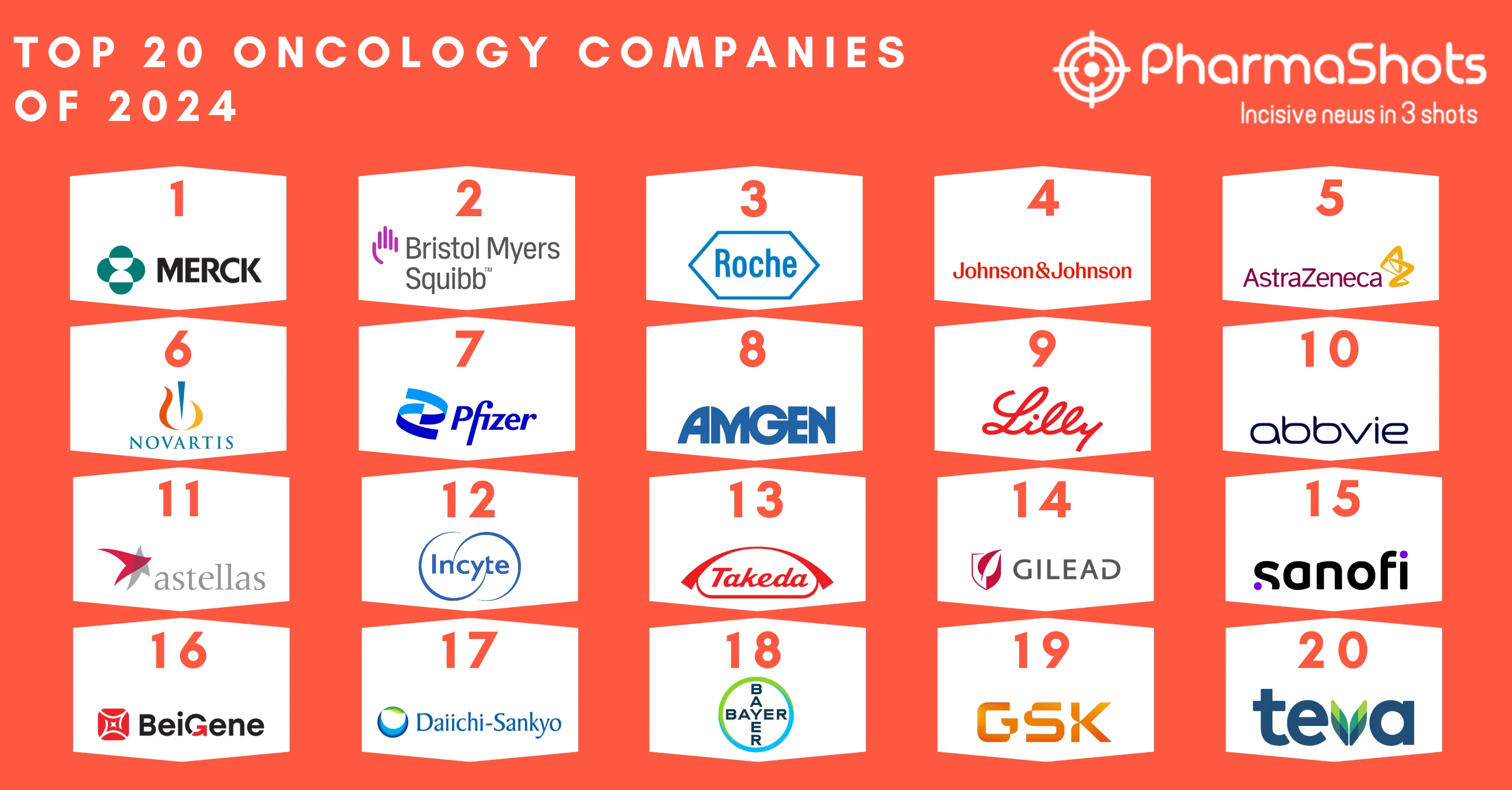
Medtronic to Acquire EPIX Therapeutics for its Cardiovascular Technologies
Shots:
- Medtronic acquires EPIX Therapeutics- in all-stock transaction with its DiamondTemp Ablation system & Arctic Front Advance Cryoablation System. The acquisition is expected to close in Q4’19 i.e 26 Jan to 26 April- 2019
- The focus of the acquisition is to expand and strengthen Medtronic’s cardiology platform offering therapies for patients with cardiac arrhythmias
- DiamondTemp is a real-time- temperature-controlled system- providing electrogram using radiofrequency energy for atrial fibrillation (AF) and has received EU’s CE Mark Clearance in 2017. Arctic Front Advance is a system involved in the isolation of pulmonary veins using Cyro energy approved by the US
Tags

This content piece was prepared by our former Senior Editor. She had expertise in life science research and was an avid reader. For any query reach out to us at connect@pharmashots.com














